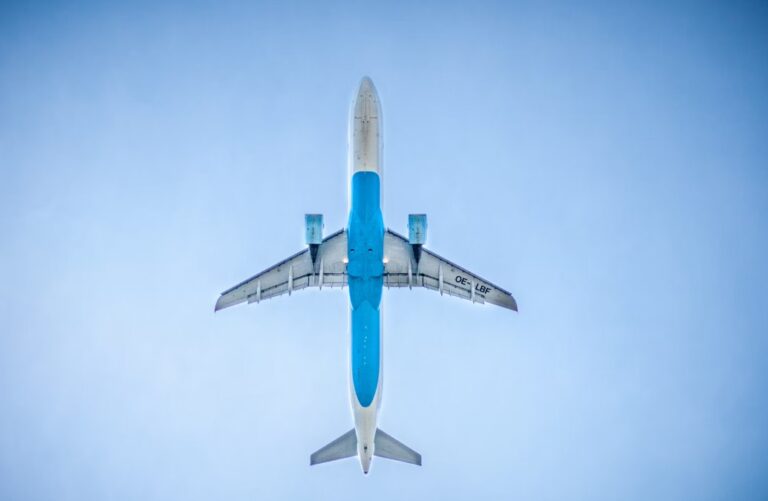Aside from the options of walking or cycling, traveling by train is by far the most sustainable way to get around.
Table of Contents
The cost differences between planes and trains
In a world increasingly grappling with climate change, in a society called upon to reduce greenhouse gas emissions to zero in the shortest possible time, the primacy of low-cost airlines actually seems very strange.
For this reason, Greenpeace tried to understand why plane tickets cost less than train tickets, analyzing the European situation. More specifically, the environmental association compared plane tickets with train tickets on 112 different European routes, in 9 different periods of time.
The results tell us that it is not just a sensation, and they are not exceptions. In 71% of cases, flights are cheaper than traveling by train. On average, train journeys between different European cities cost twice as much as plane journeys. A route has even been identified where the train ticket costs 30 times more than the plane ticket.
Why do plane tickets cost less than train tickets?
But why do plane tickets actually cost less than train tickets? The reasons are different. One factor is represented by the decidedly more aggressive pricing strategies of low-cost airlines, which often present tickets at incredibly low prices.
Again, how is this possible? Greenpeace points the finger at the “outrageous tax advantages” that airlines can boast. But not only that. Even the working conditions of staff reduced to a minimum allow costs and therefore prices to be drastically cut.
We are therefore talking about companies that pay neither VAT on international flights nor the tax on kerosene, taking advantage of subsidies that weigh on state coffers and therefore on taxpayers. Railway companies, for their part, must in most cases pay VAT, railway tolls and energy taxes.
Here, for these reasons, plane tickets cost less than train tickets: mainly because one of the most climate-damaging sectors enjoys enormous tax advantages.
Read also: A closer look at sustainable aviation fuel (SAF): state of the art and challenges












